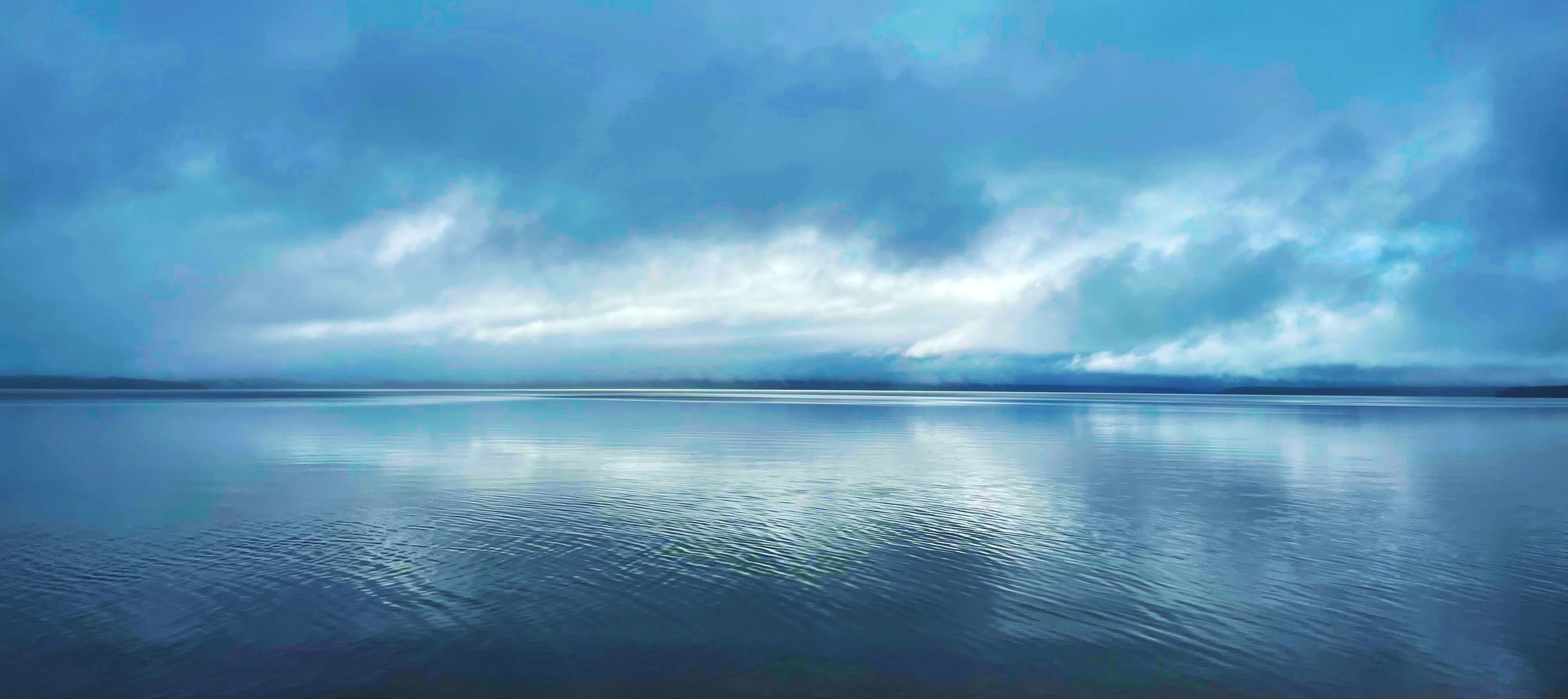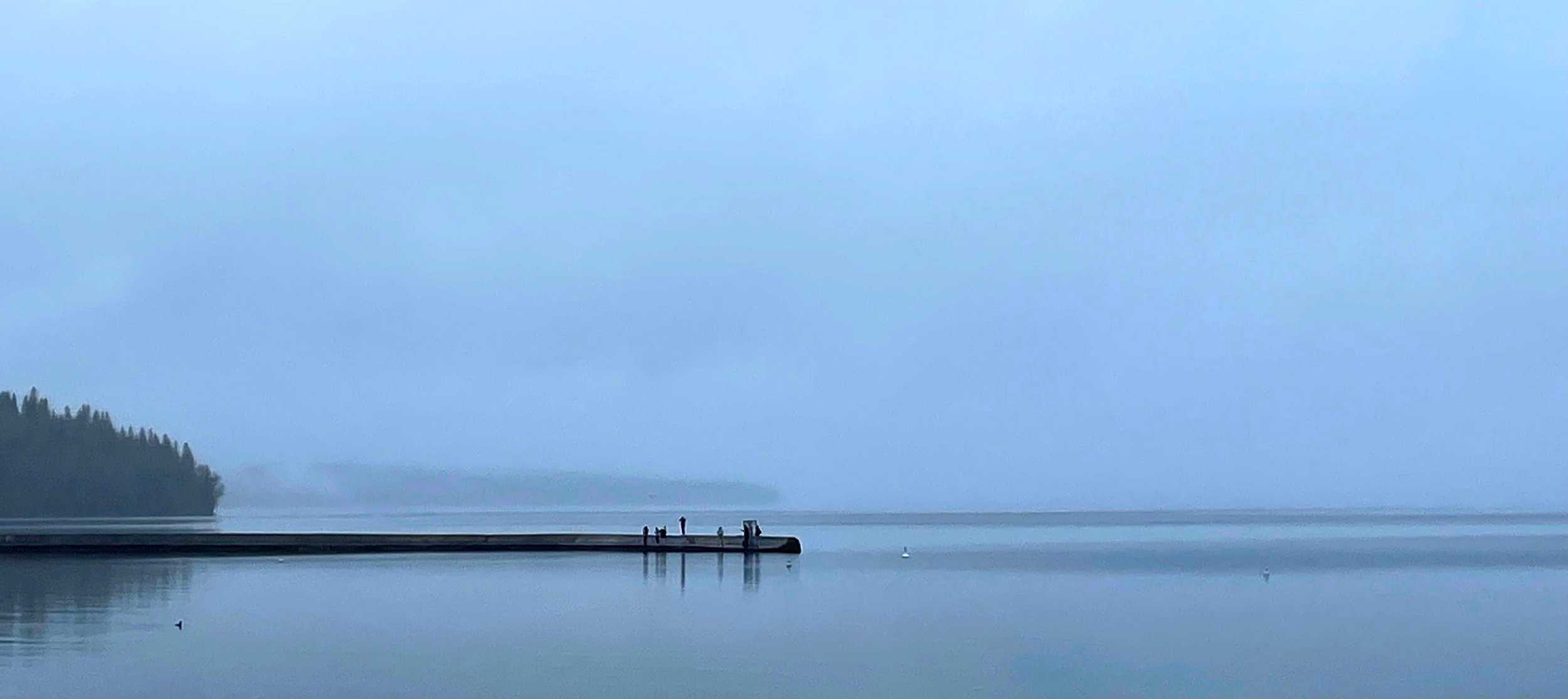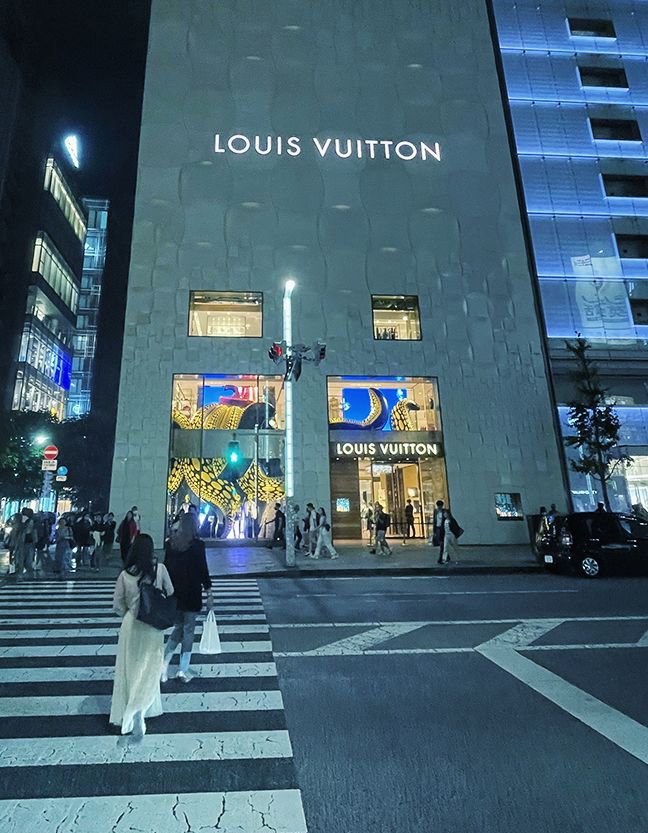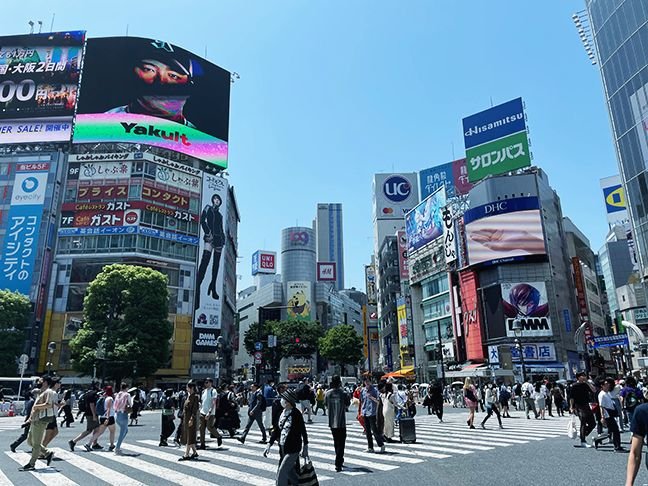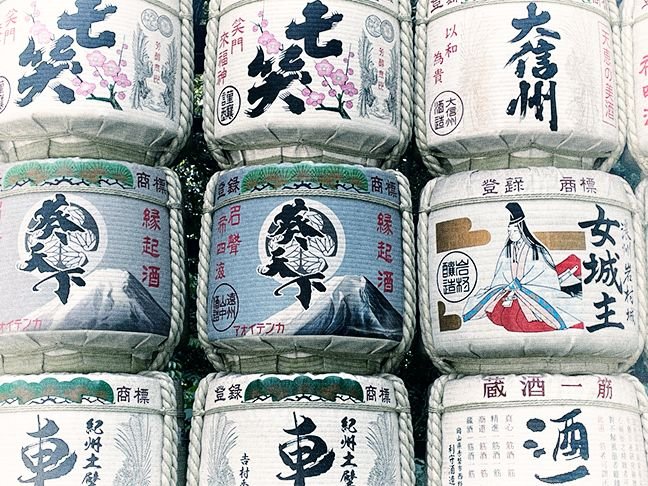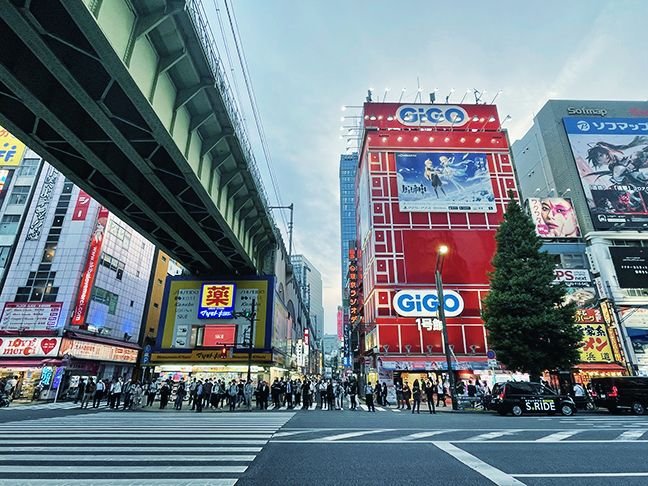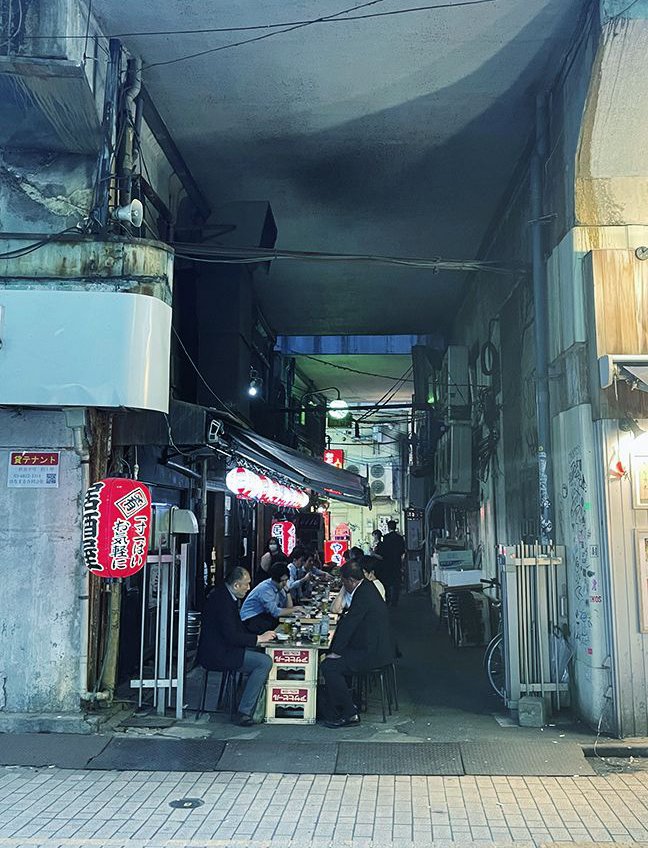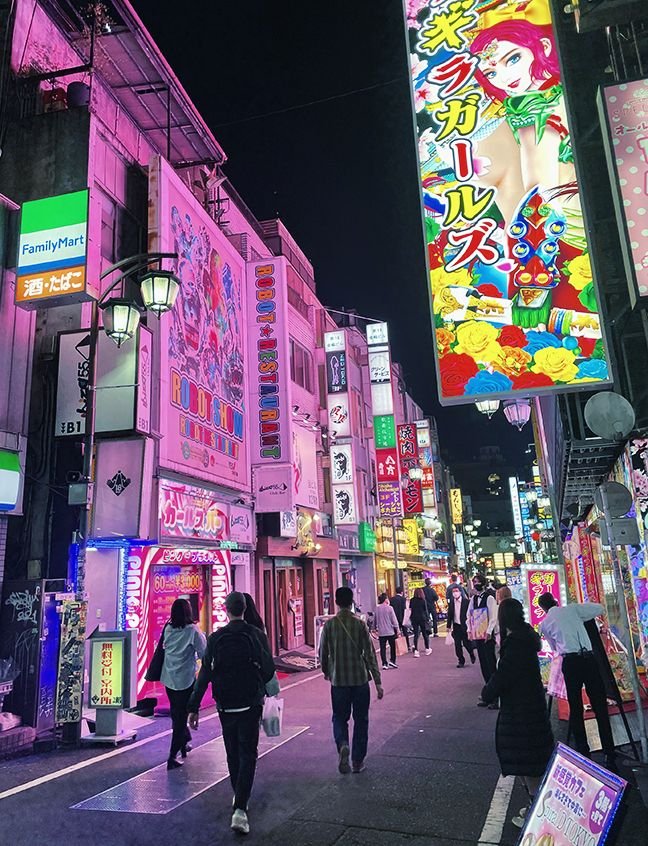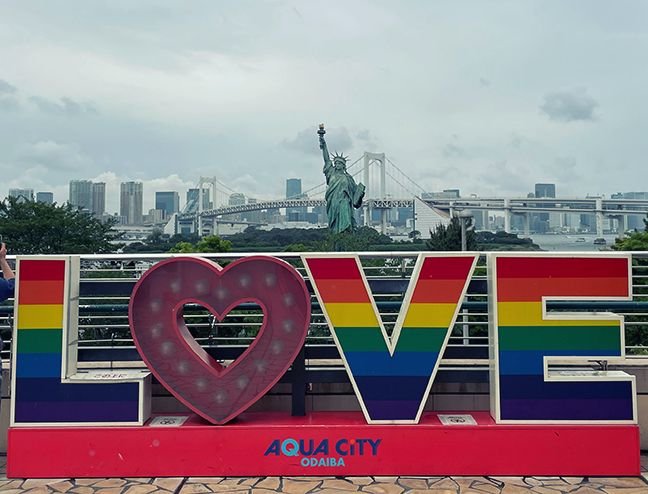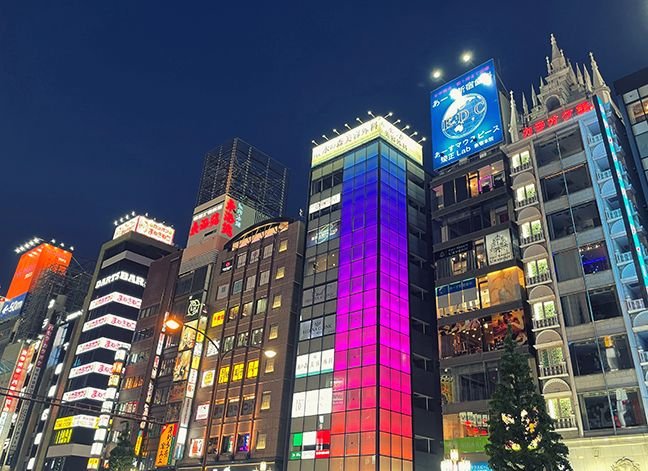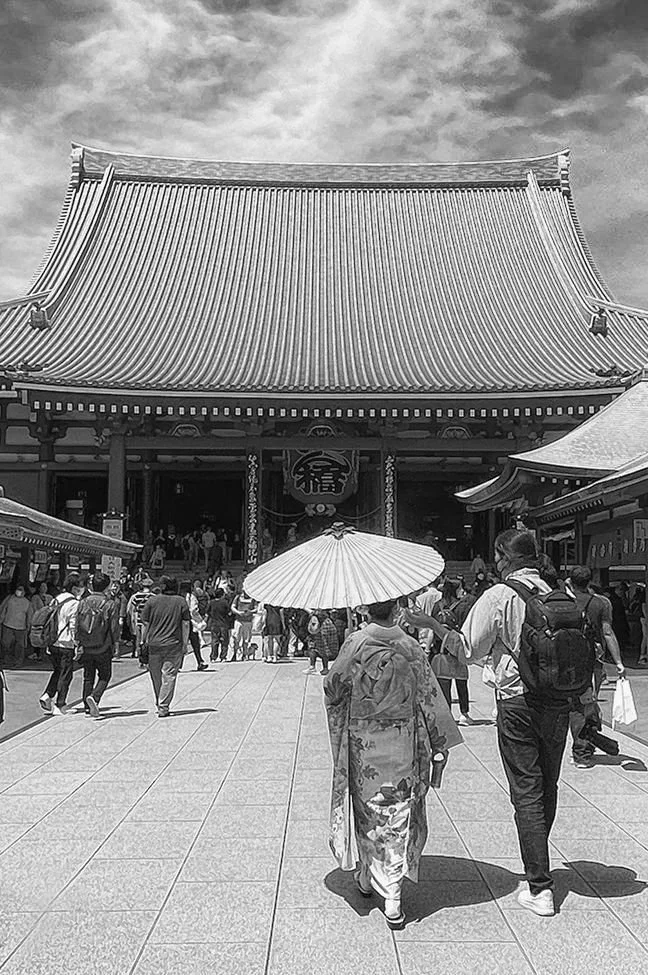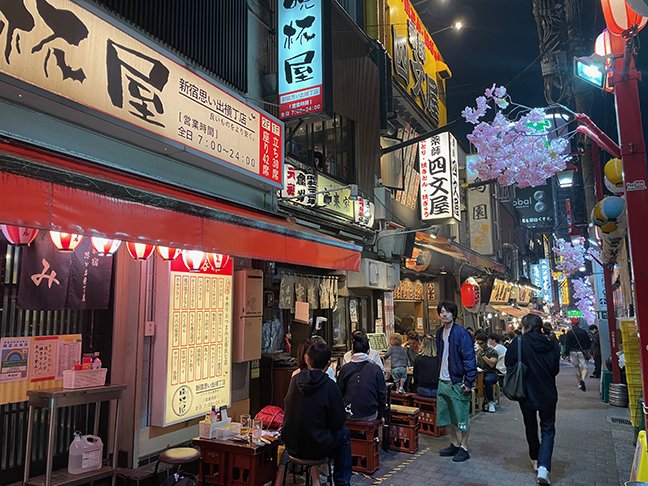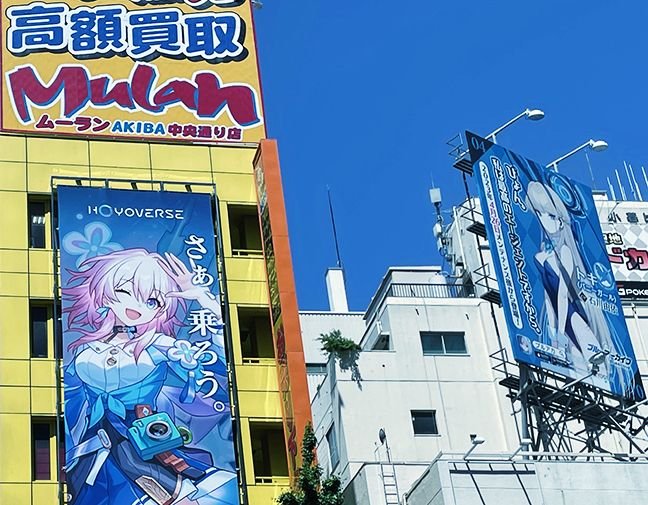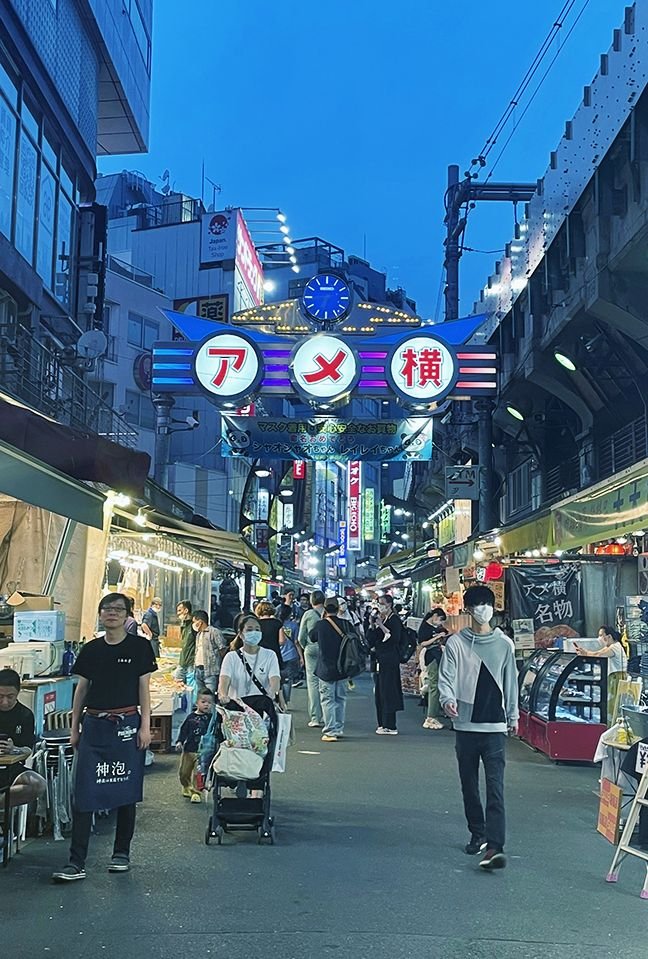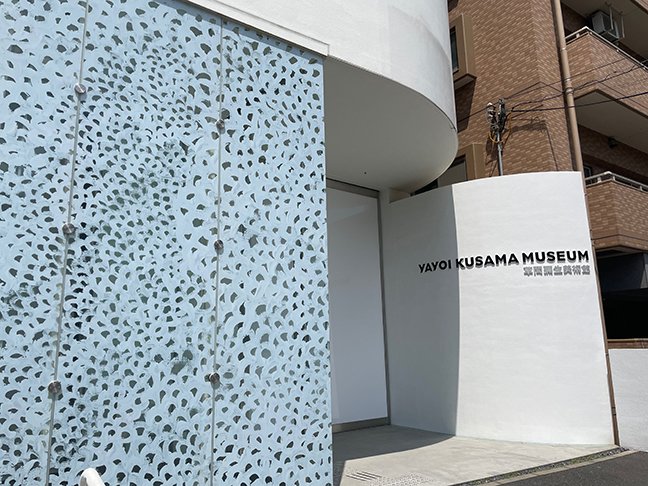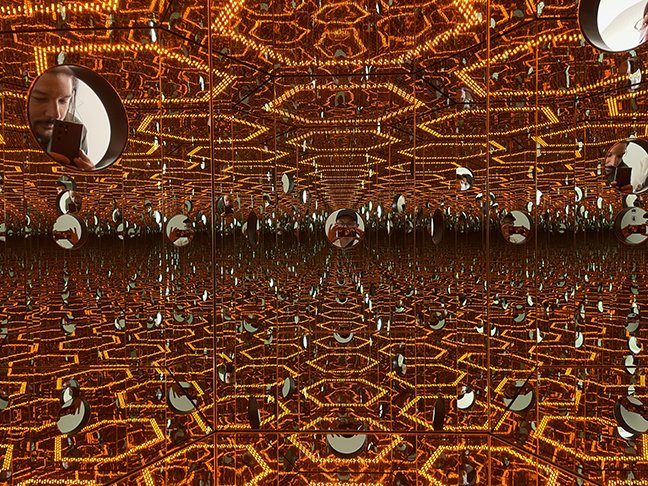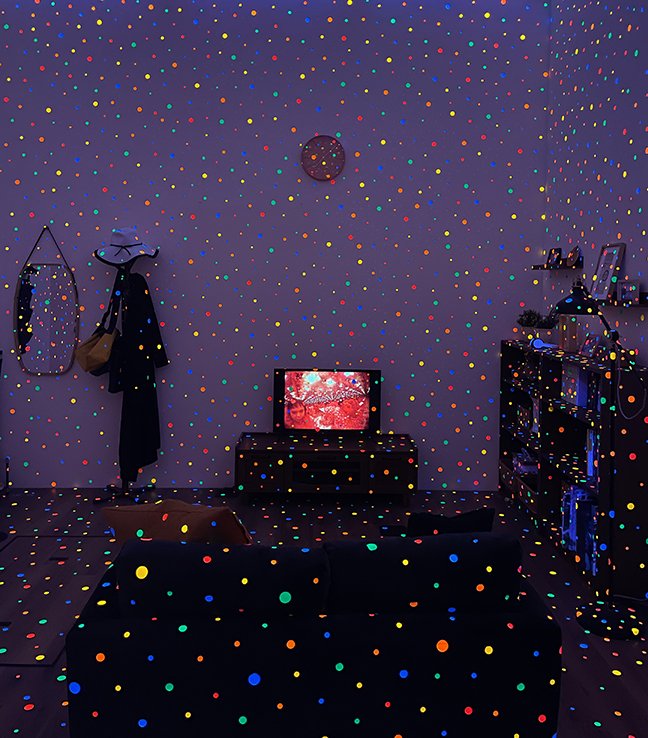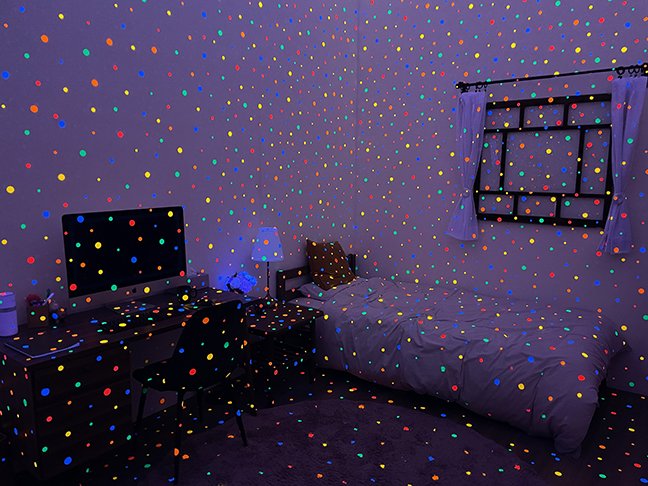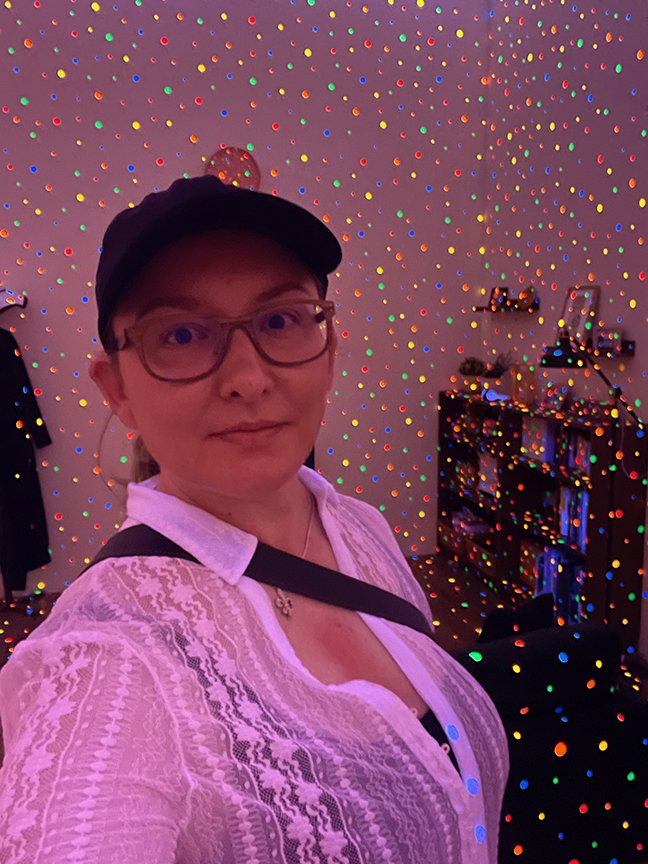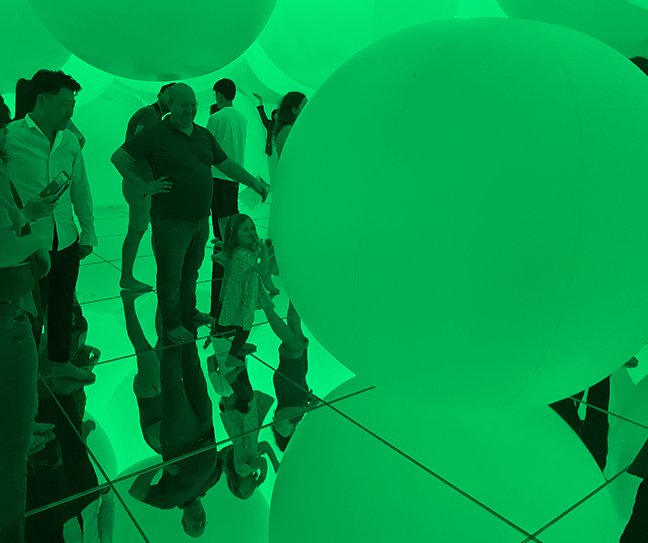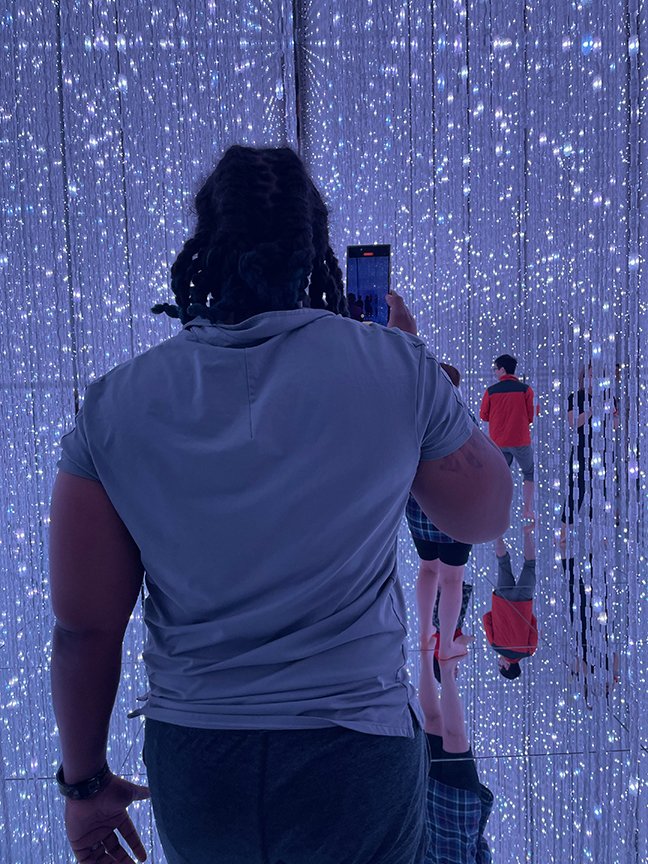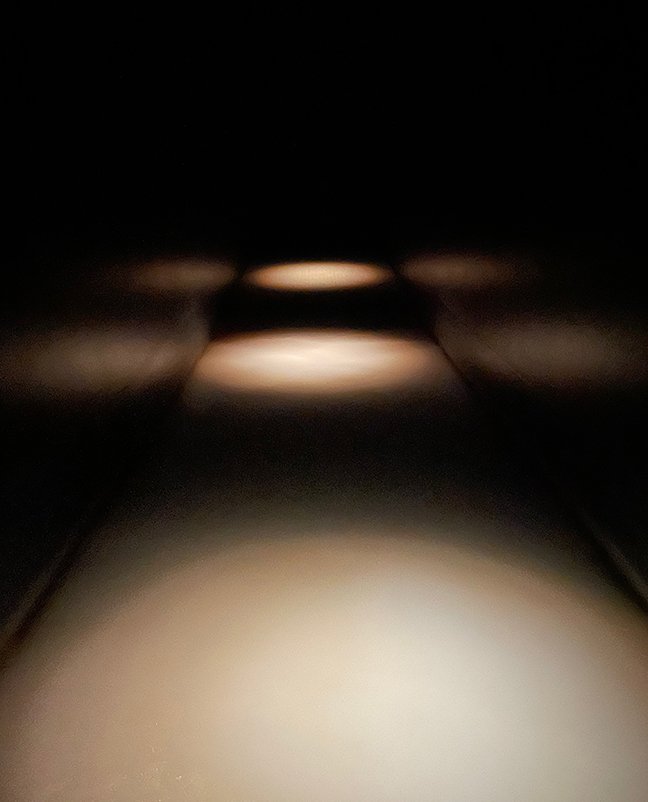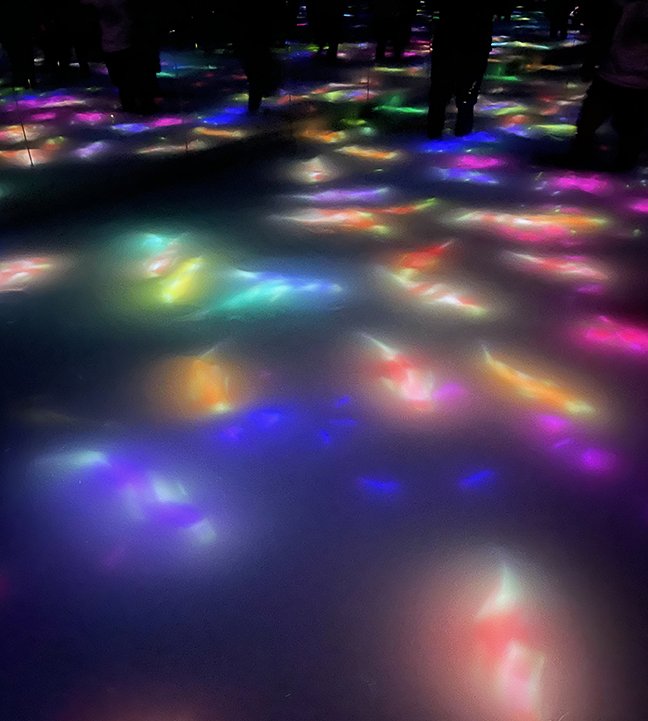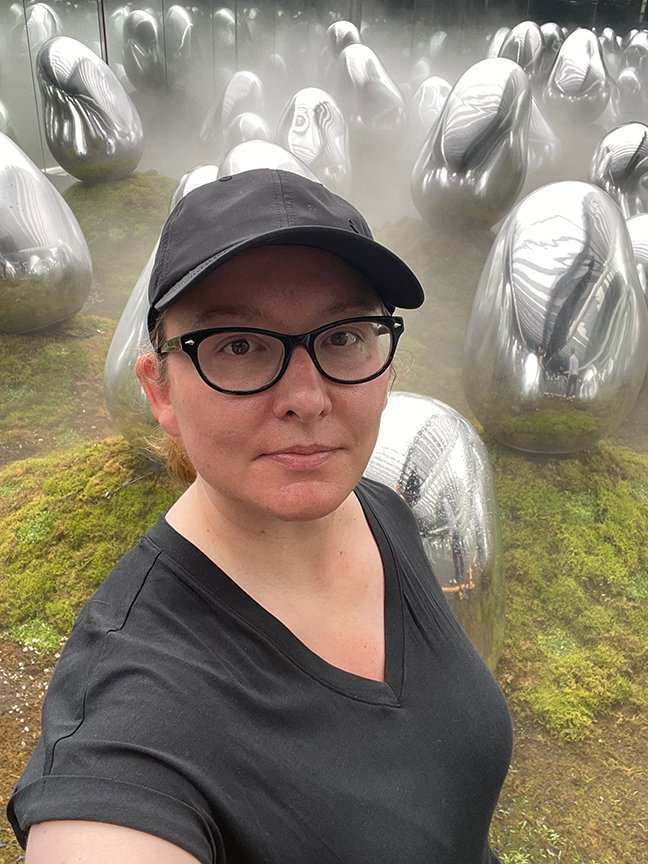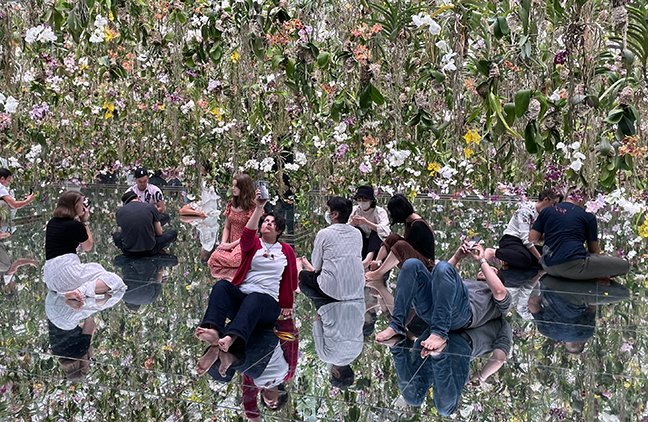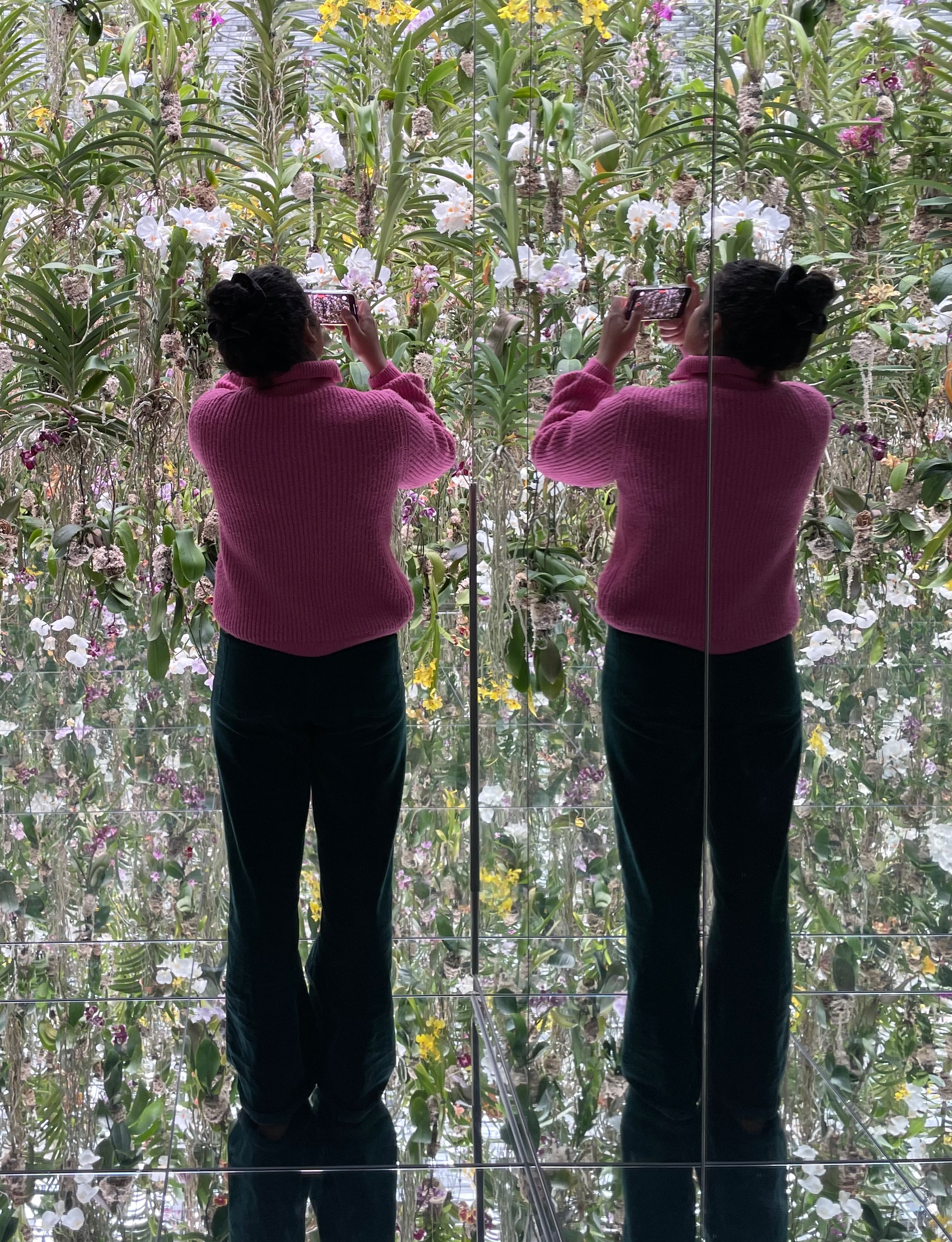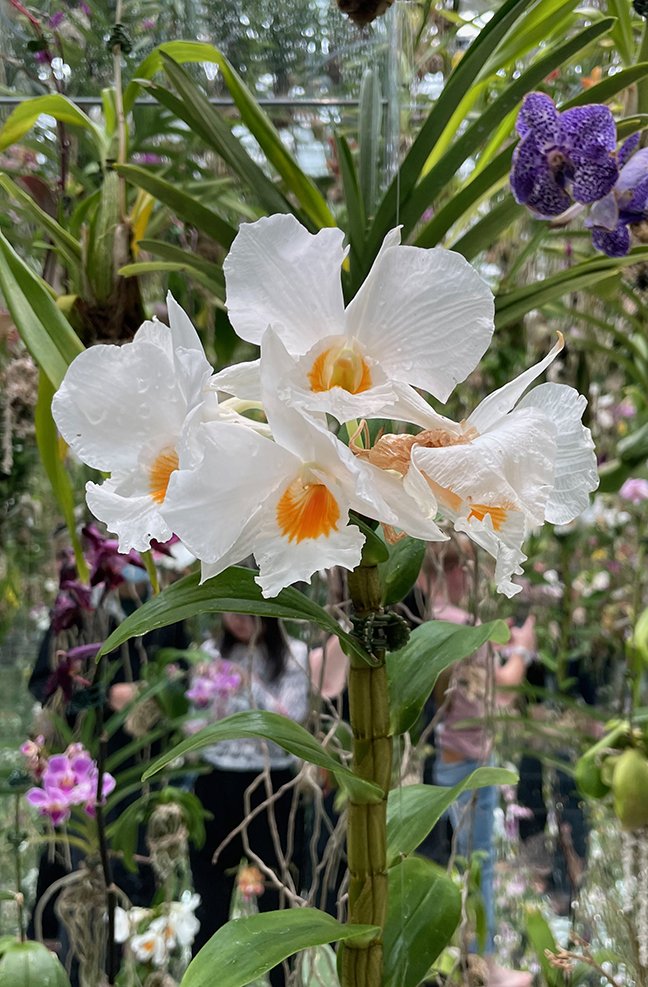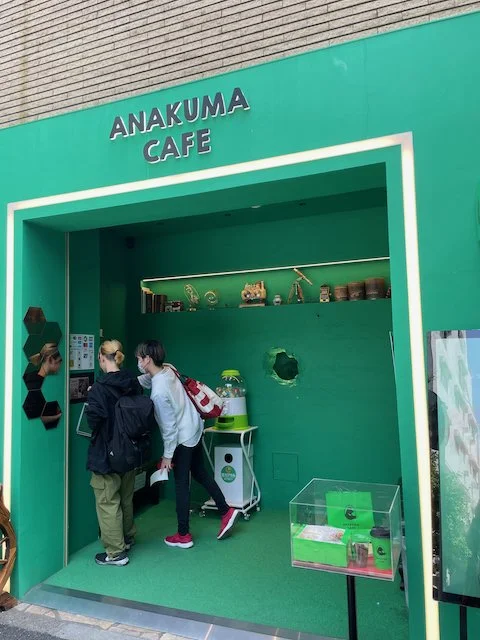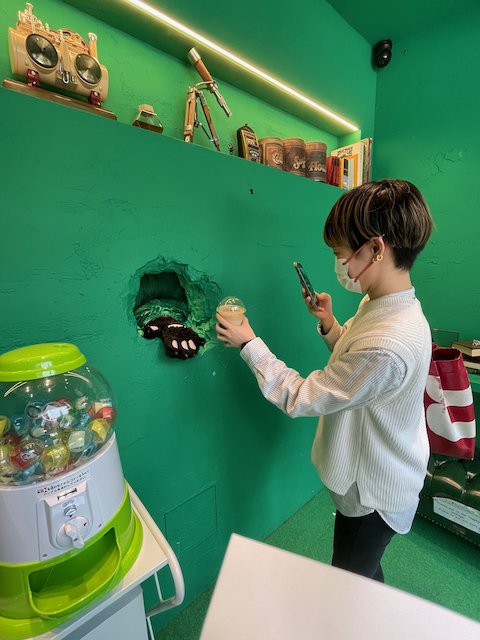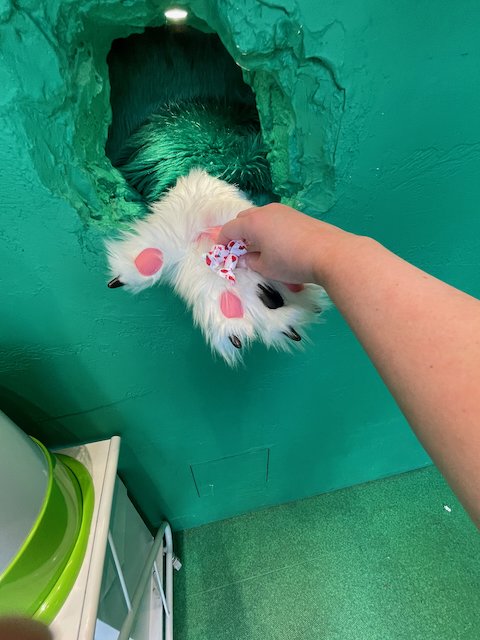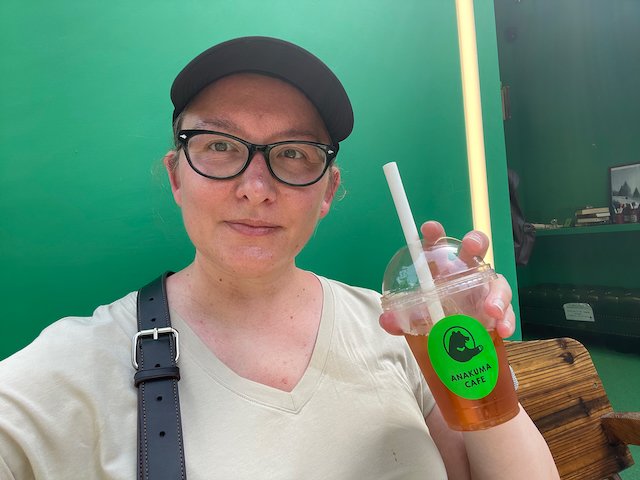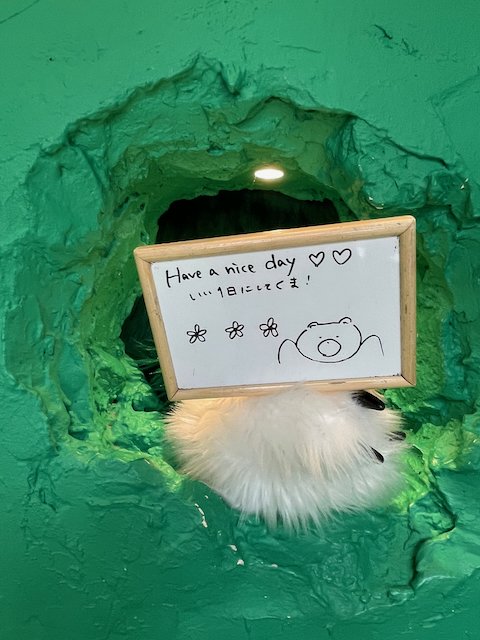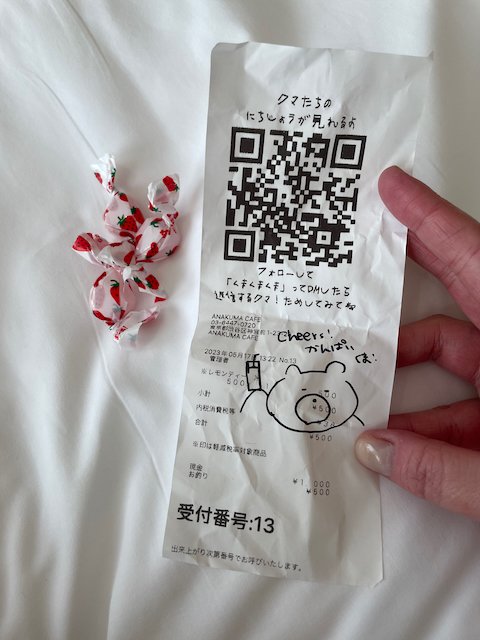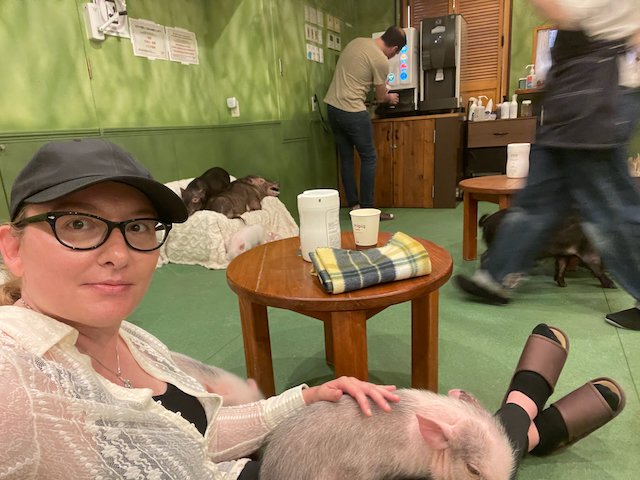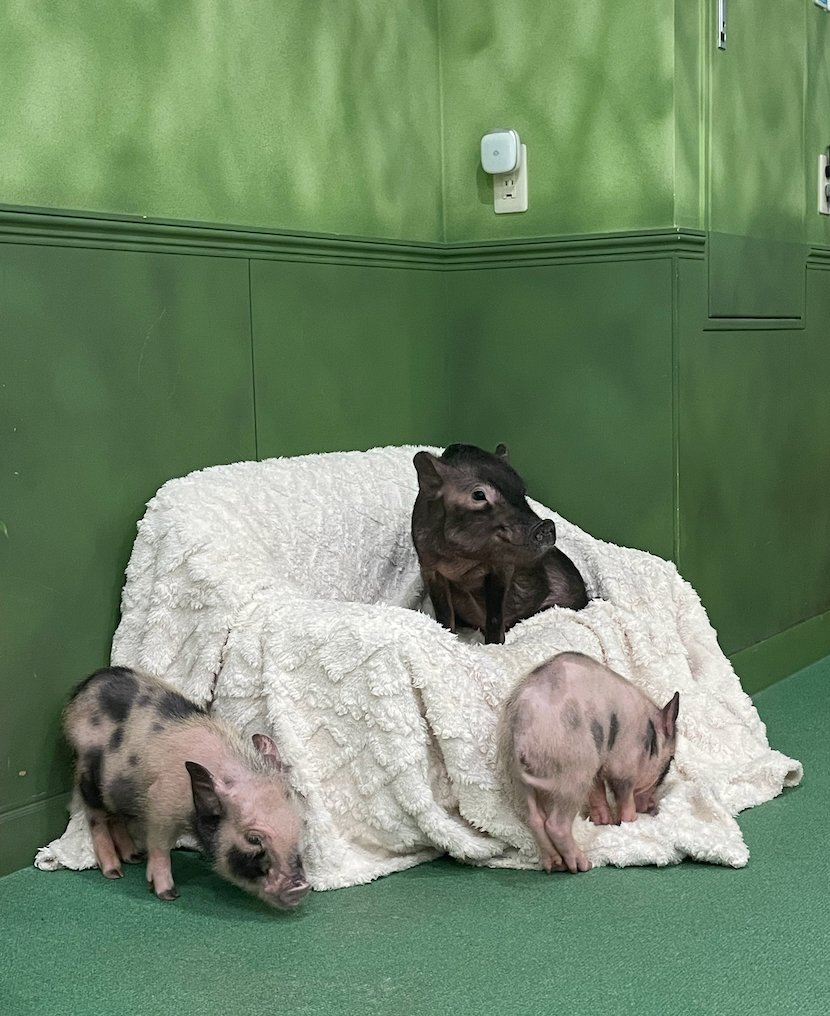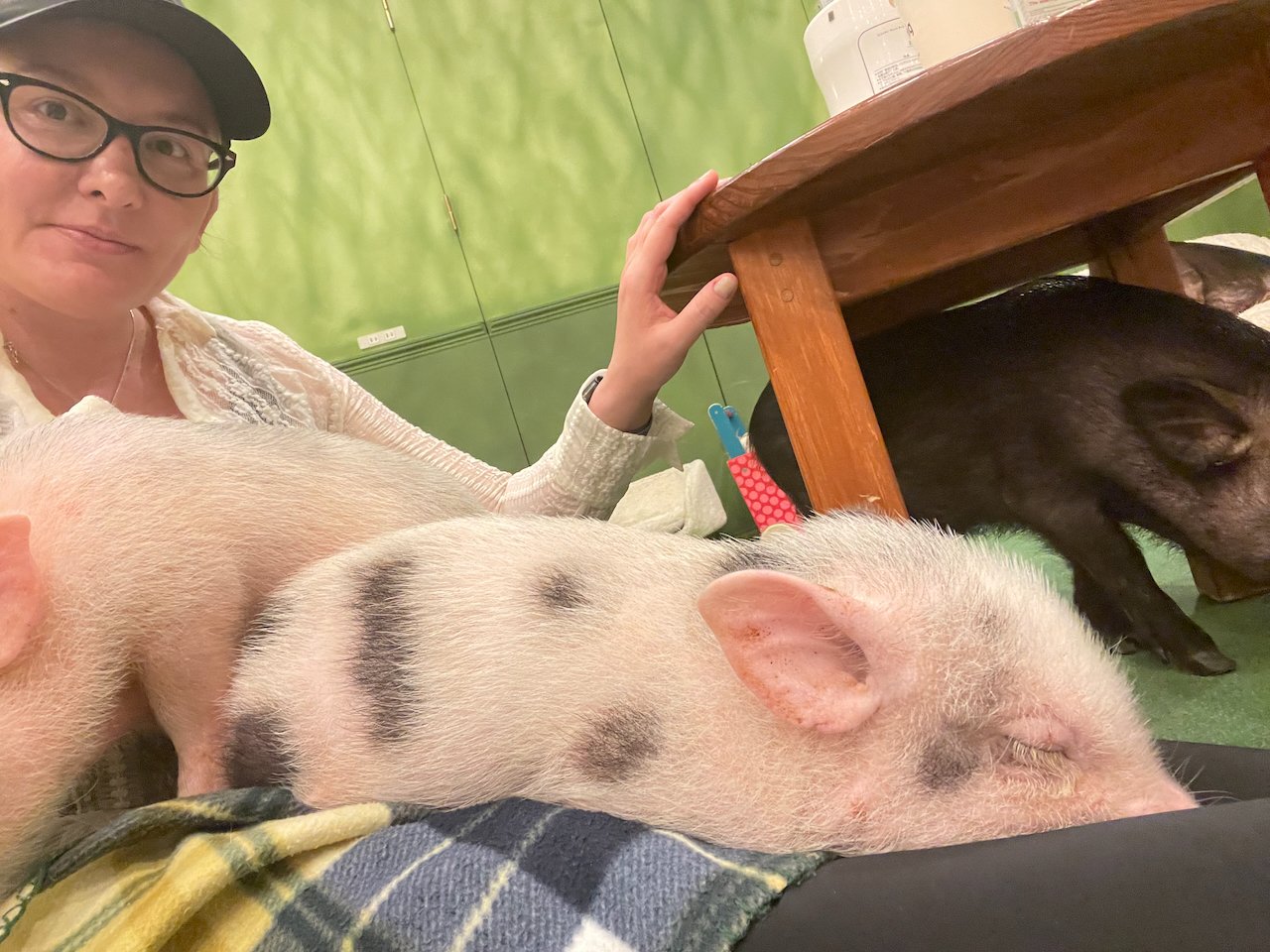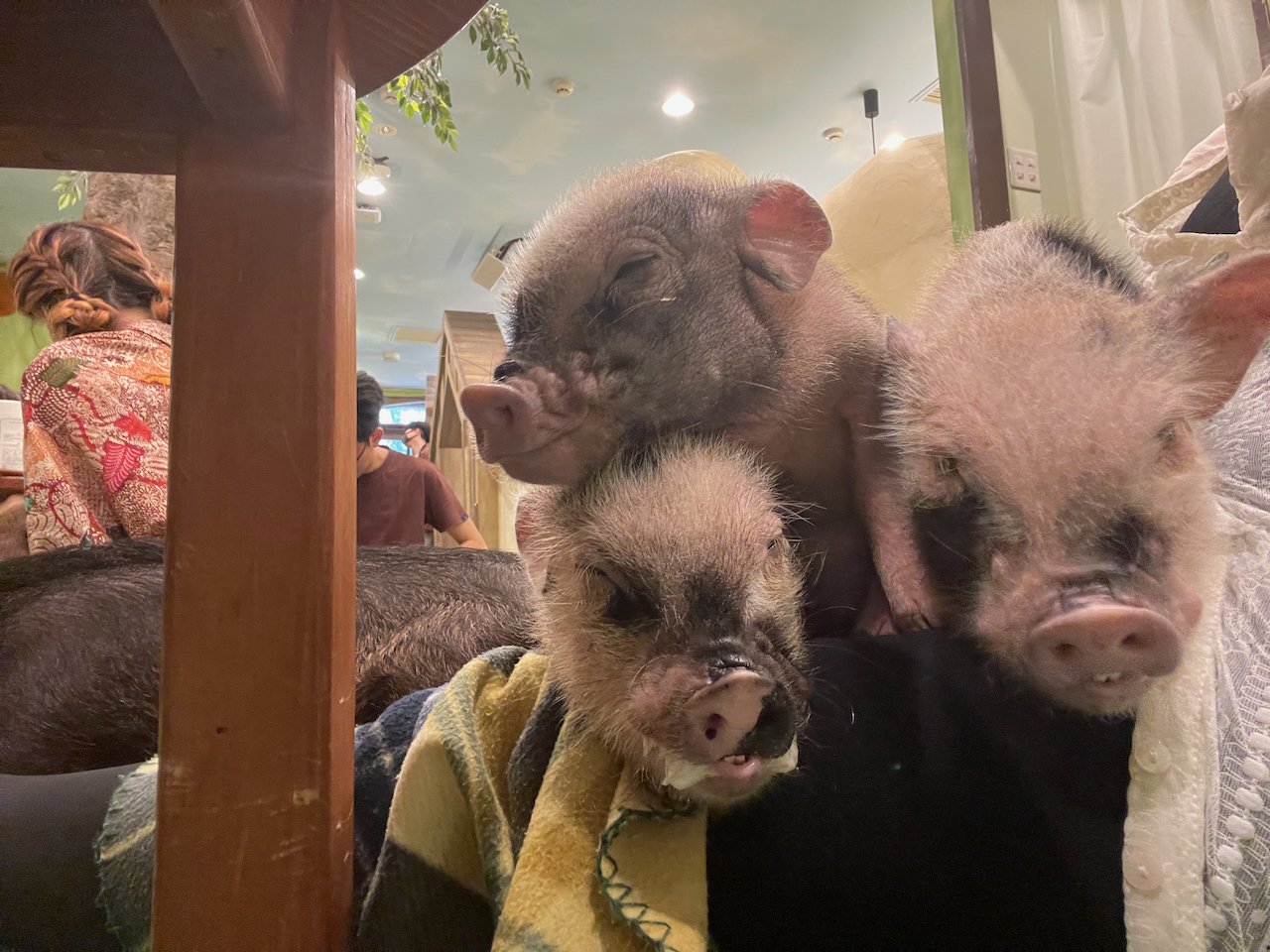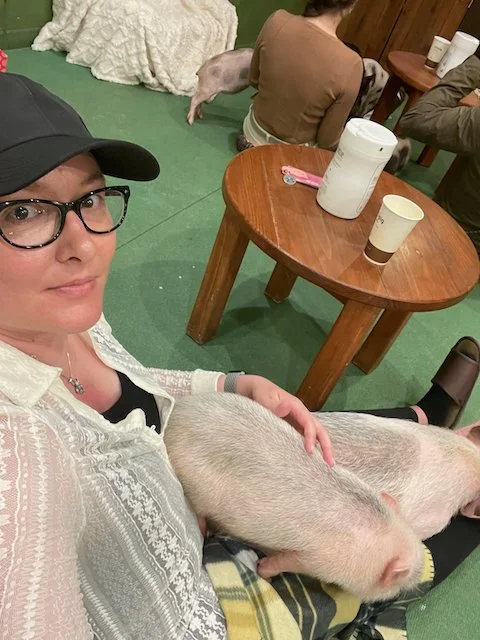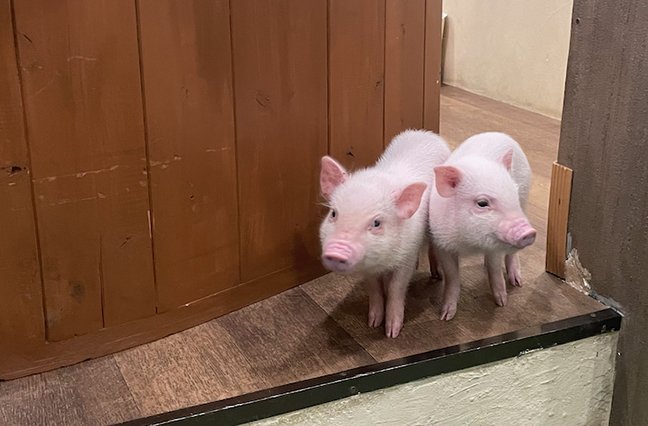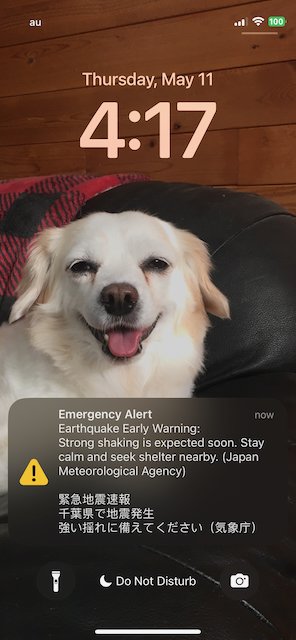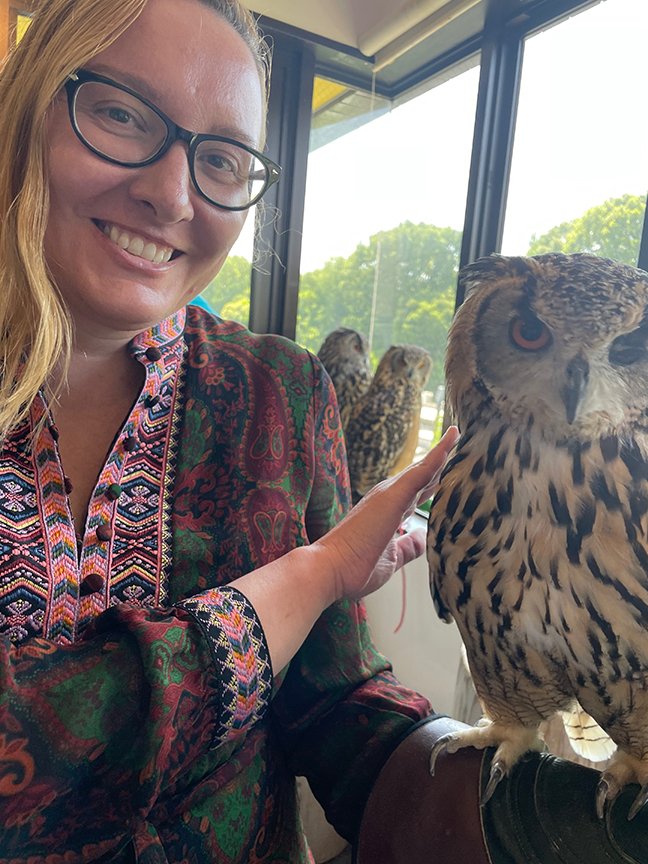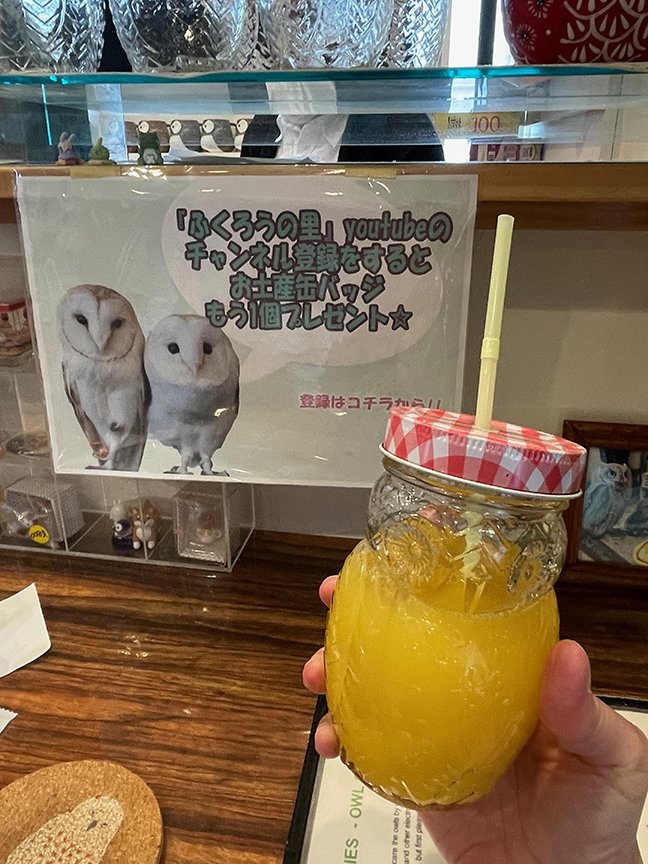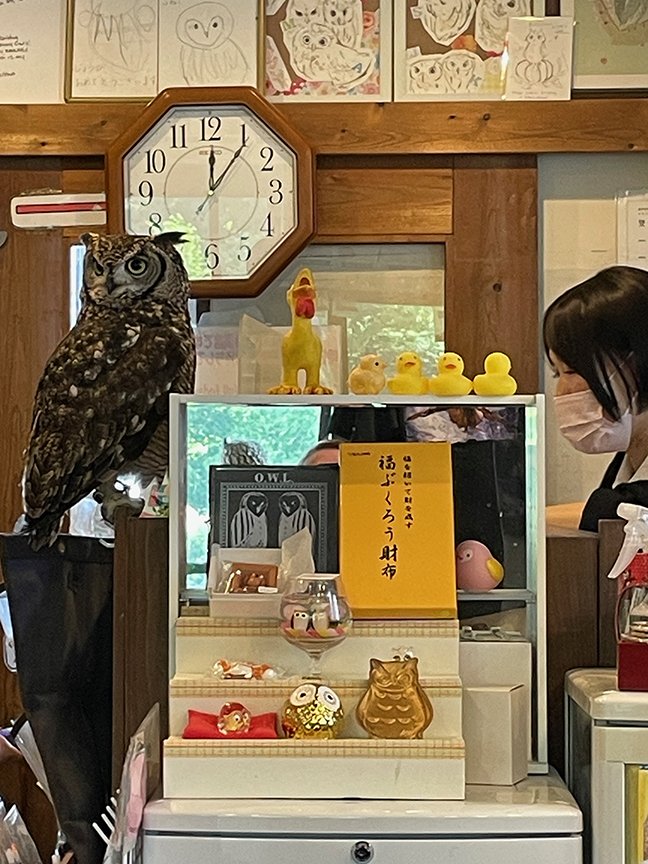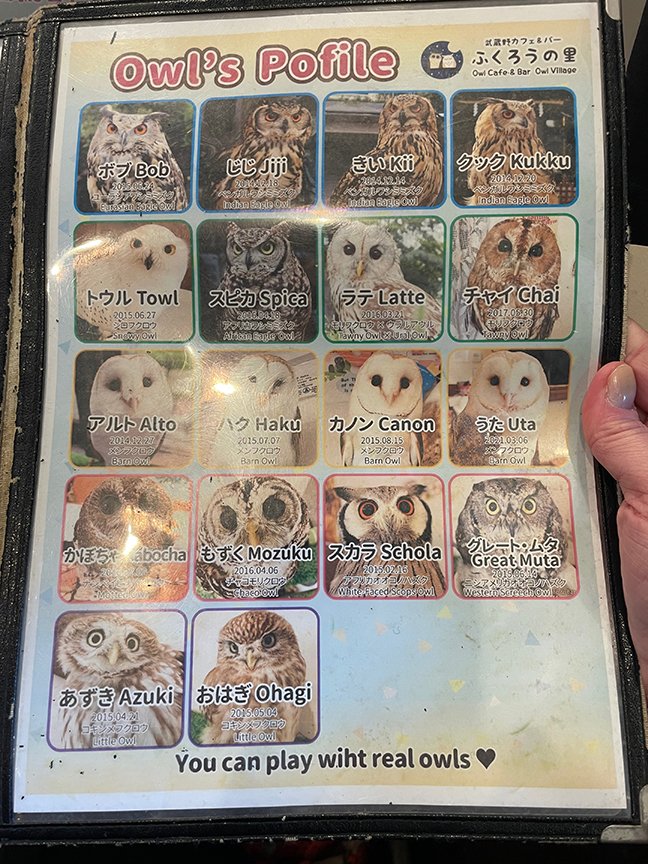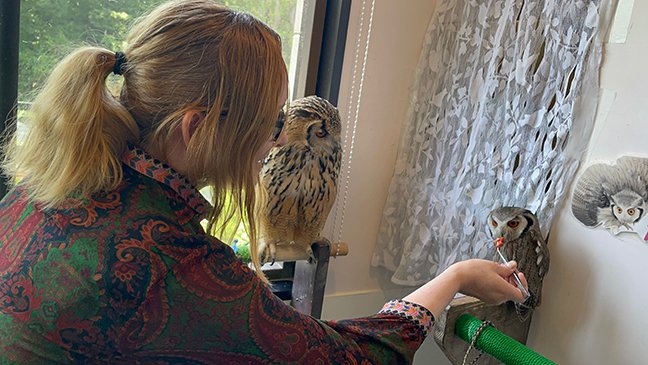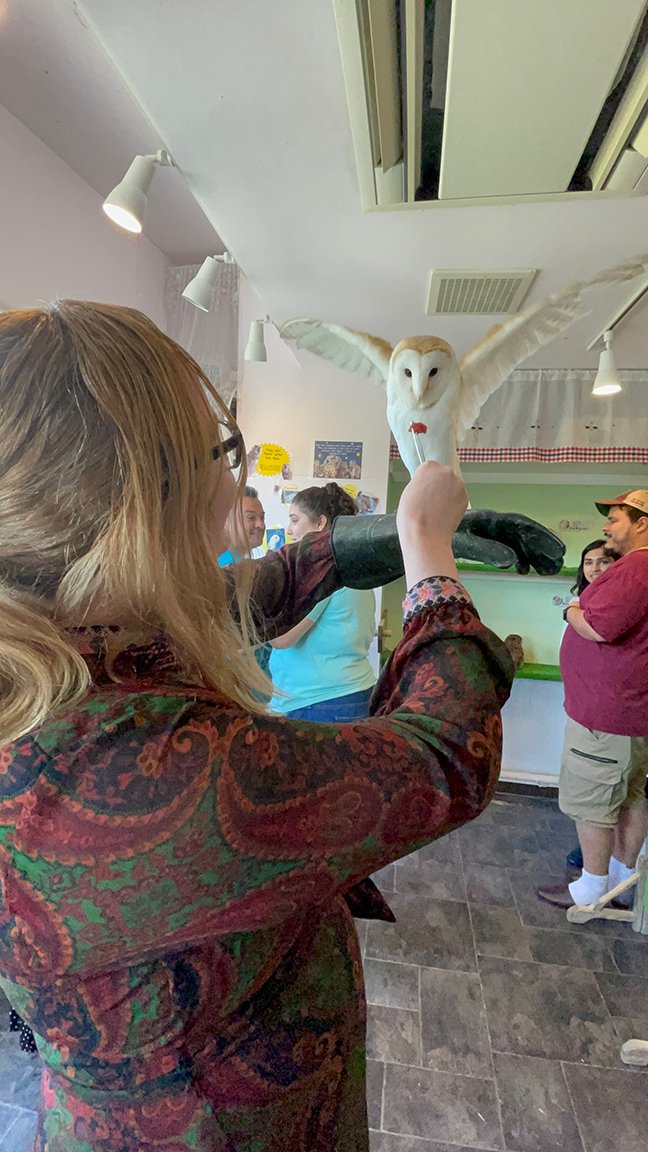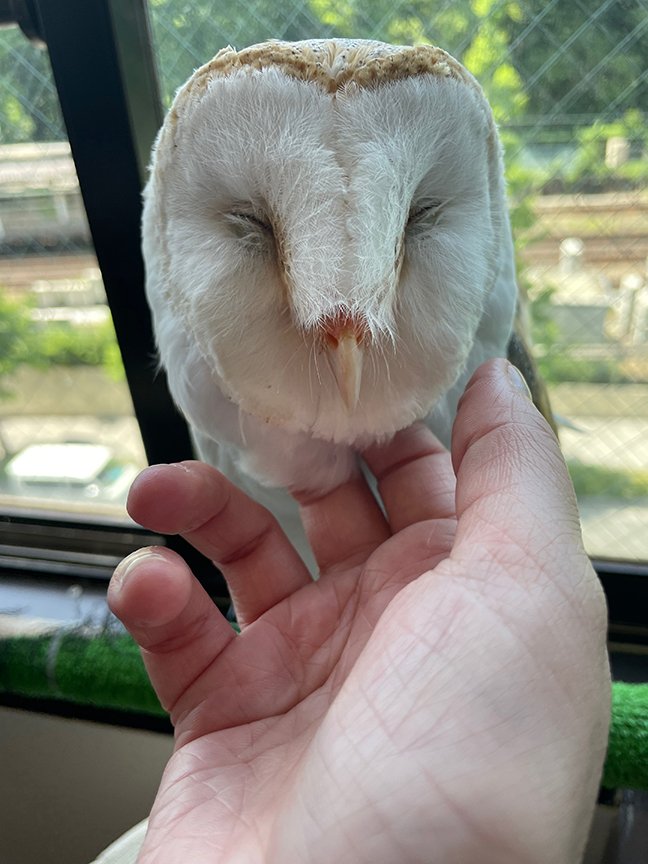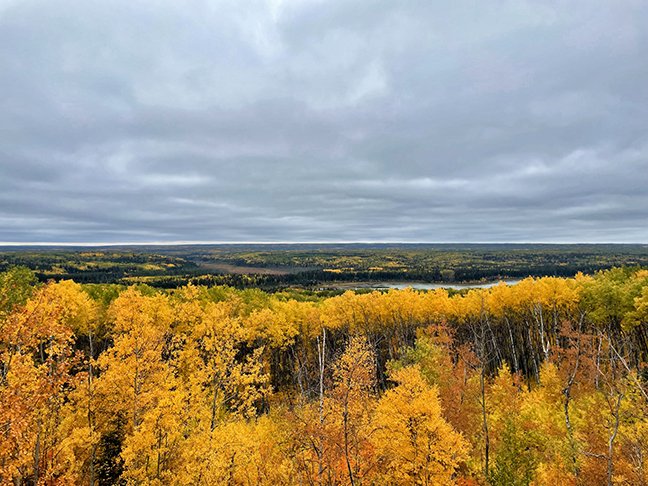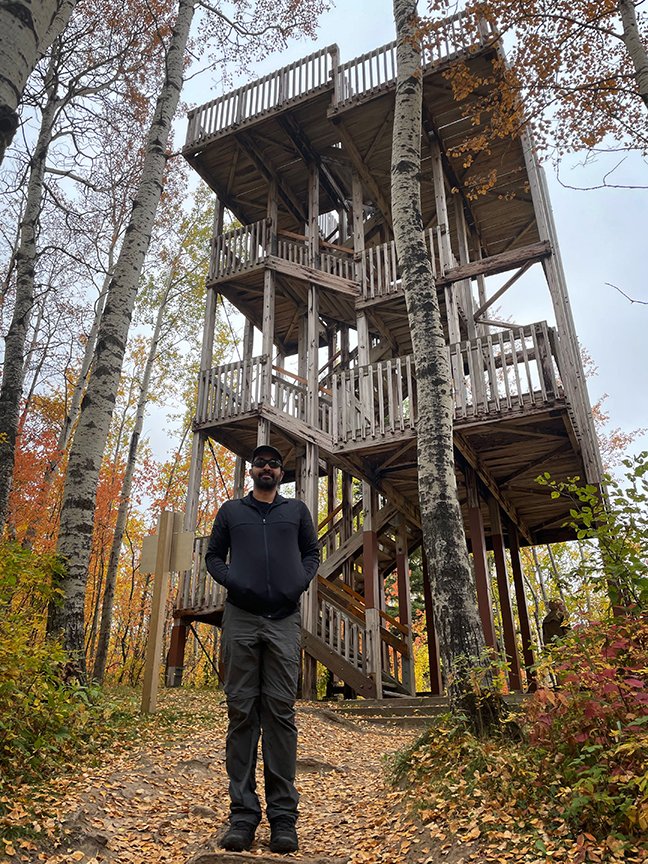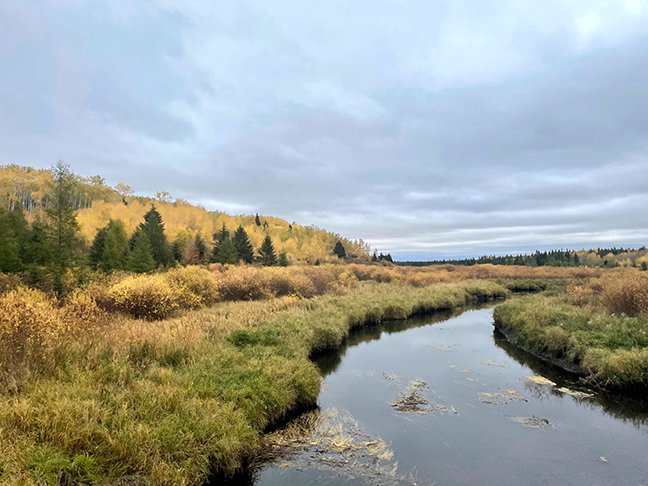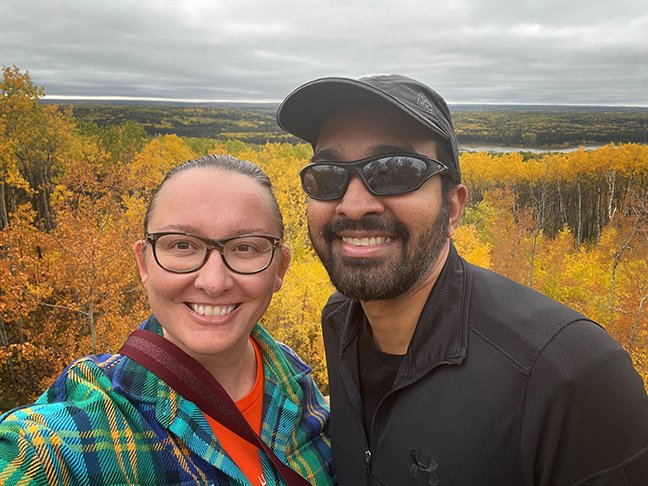There aren’t enough hours in the day.
There are certainly not enough hours in the day while on holiday, even when all you have planned is to meander about and people-watch. In this regard, Tokyo is one of the most visually engaging locations on the planet, a kaleidoscope of light and colour and active participation from its populace to seize the moment in both style and trend. But there also isn’t enough time as, post-pandemic, I’ve realized how much I’ve missed and longed for the escape of going beyond borders to experience something new. I’m three years older now. Busier with work and growing a business. Tired and sore at the end of the day. Missing the opportunity to add to the rich tapestry of memory in my life is something that may not happen as frequently in time. So seizing the moment, however banal, is pivotal.
Walking streets where no one knows my name and I don’t understand the local language is the freest feeling in the world for me. Senses heightened, intellect sharpened, it is a way for me to inject adventure into my life while fully experiencing everything in my peripheral. As a solo traveller, you are forced to be alert and present. Perhaps moreso as a woman. In Japan though, this alertness is enveloped in the solace of knowing I am in one of the safest countries in the world.
For the duration of my trip, I walked no less than 15 kilometres per day. From a base in the neon jungle of Shinjuku, where buildings mimic rainbow road and house castles at their peak, I traversed the city and most of its districts. Odaiba is relatively new and sanitized. An artificial island in which there is an artificial Statue of Liberty. Odaiba is listed as a touristy area with a variety of shopping and entertainment centres, although walking just beyond the immediate and obvious sights you realize how empty and quiet it truly is. It is one of the only spots I’ve encountered in Tokyo truly devoid of energy.
And then there’s the long hike from Akihibara (Electric Town) past Kappabashi Dougu Street to Senso-ji Temple. During the AM in Akihibara, the streets are lined with men—literally hundreds of men—eager to retain their high score in this gamer paradise. At night, those same streets are lined with young women—literally hundreds of young women—handing out flyers while coquettishly batting their eyelashes in an effort to entice those same men into the maid cafés so densely (and wisely) located next door. Senso-ji Temple is an always crowded spot. Perhaps the best temple in Tokyo for observing prayer by locals in traditional dress. As for Kappabashi Dougu Street … I still recall the first time I came across the giant chef’s head at its origin and was completely perplexed at what I was looking at. I later learned, of course, that it wasn’t haphazard placement at all. Rather, it signalled the entrance of the restaurant suppliers marketplace, an enjoyable area to window shop for an hour.
Ginza, home of some of the world’s most expensive real estate, is the area where I can’t afford to even enter a store but walking through on a hot day gives much-needed brisk, icy blasts of air conditioning as doormen open entrances to those who can. Ginza is but a passage to my favourite temple in Tokyo though, Zojo-ji. The wafts of incense continually burning carry in the air and make it a truly spiritual experience. Right behind Zoji-ji is Tokyo Tower, a stark contrast in both architecture and culture.
On the final day of my trip—and with a pilot strike deadline looming at the airline I travelled with—I decided to do one of my favourite things in Japan: spend the day in tranquility at an onsen “theme park”. It’s not the place to people-watch but to reflect inwardly. To soak in sulphuric milky mineral baths and reminisce on the hours and kilometres walked. I may not have had the most definitive of plans when I started but the sum of my journey gave me exactly what I sought. A reassurance that the hours, however banal, do add up to something great.


